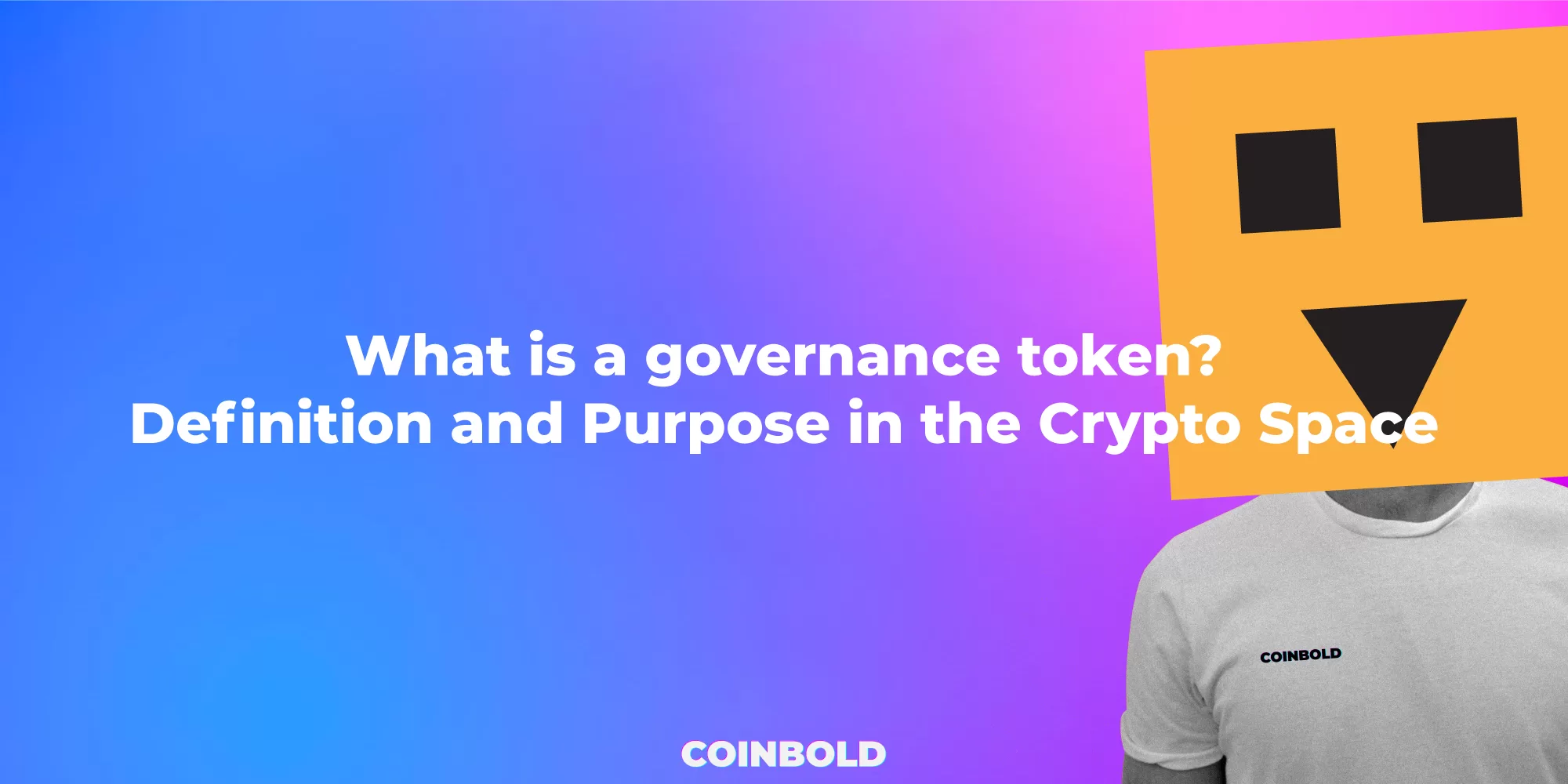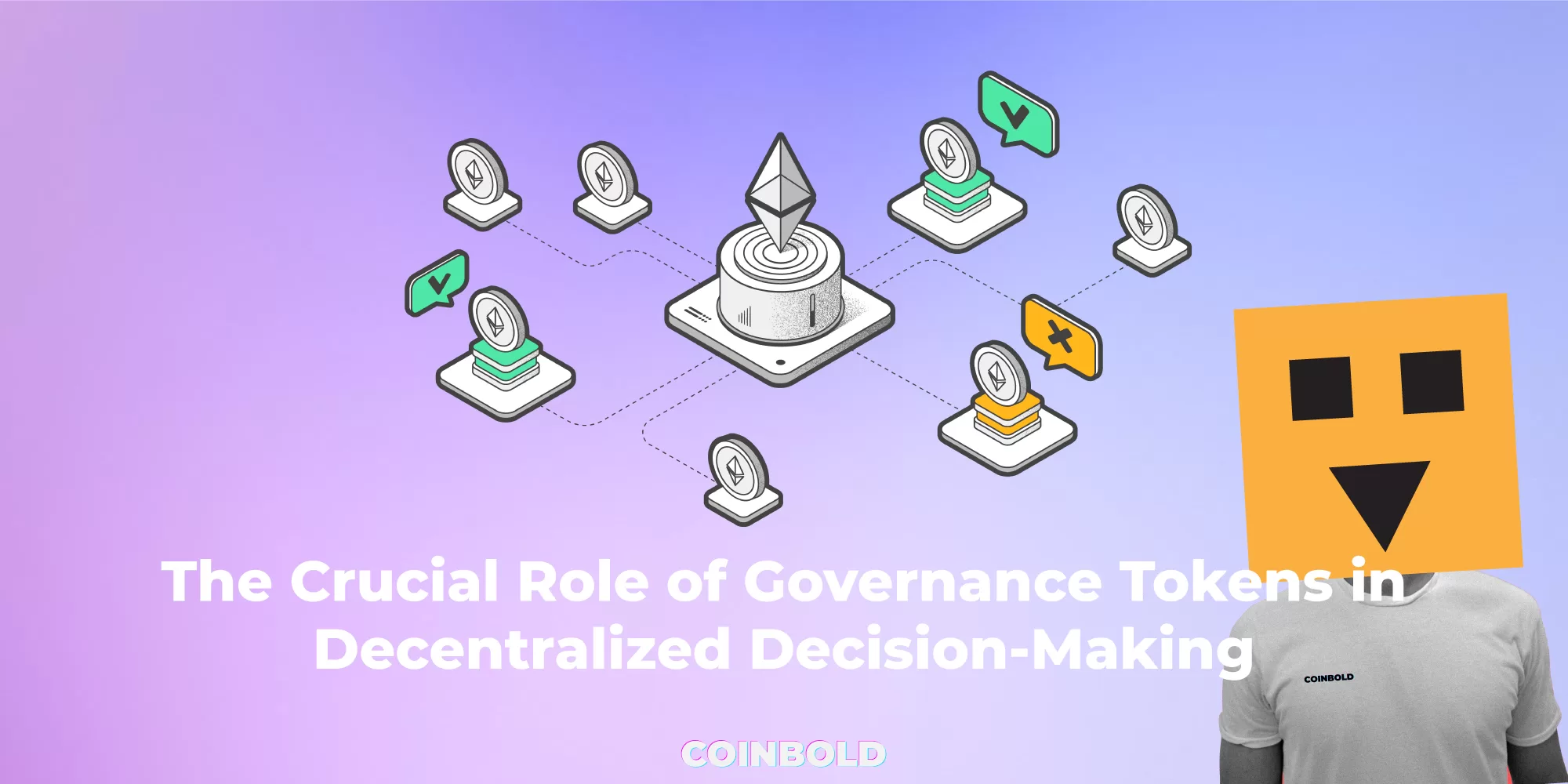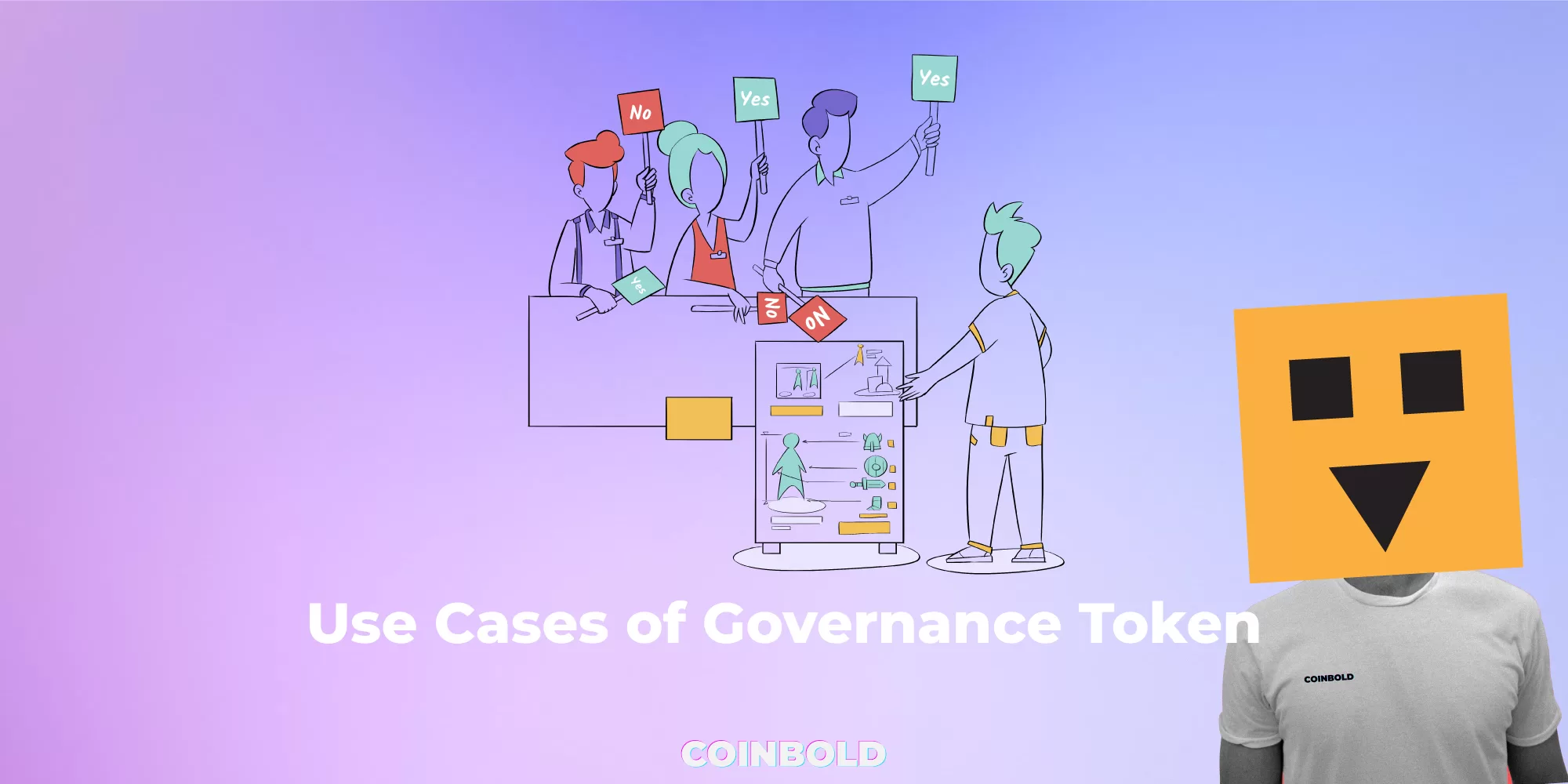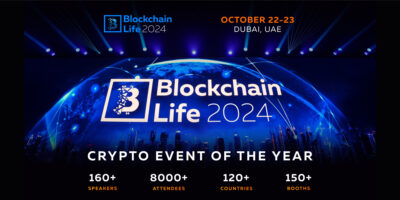Introduction
In the ever-evolving landscape of cryptocurrencies, governance tokens have emerged as powerful tools driving decentralized decision-making within blockchain-based platforms. This article aims to provide a comprehensive understanding of governance tokens, delving into their definition and highlighting their crucial purpose in the crypto world.
Definition of a Governance Token
A governance token can be defined as a specialized type of cryptocurrency token that empowers holders to actively participate in the decision-making processes of decentralized protocols and platforms. These tokens serve as a vehicle for users to exercise their voting rights, propose changes, and engage in shaping the future development and operation of the protocol.
Purpose of a Governance Token:
Governance tokens serve several vital purposes within the crypto ecosystem:
1. Decentralized Decision-Making: Governance tokens promote decentralization by enabling token holders to actively contribute to the decision-making processes. Rather than a central authority or entity, the community of token holders collectively governs the platform, ensuring a fair and inclusive system.
2. Voting Rights and Proposal Submissions: Holders of governance tokens possess the power to vote on proposals related to protocol upgrades, parameter adjustments, fee structures, and other critical aspects. This democratic approach allows individuals to voice their opinions and influence the direction of the platform.
3. Influence Over Protocol Changes and Upgrades: The possession of governance tokens grants individuals the ability to propose changes to the protocol. By submitting proposals, token holders can introduce new features, suggest improvements, or address existing issues, thereby actively contributing to the evolution and growth of the platform.
4. Alignment of Interests: Governance tokens foster alignment of interests between token holders and the platform. As individuals have a direct stake in the protocol’s success, their decision-making ensures that the platform’s direction and enhancements are in line with the community’s best interests.
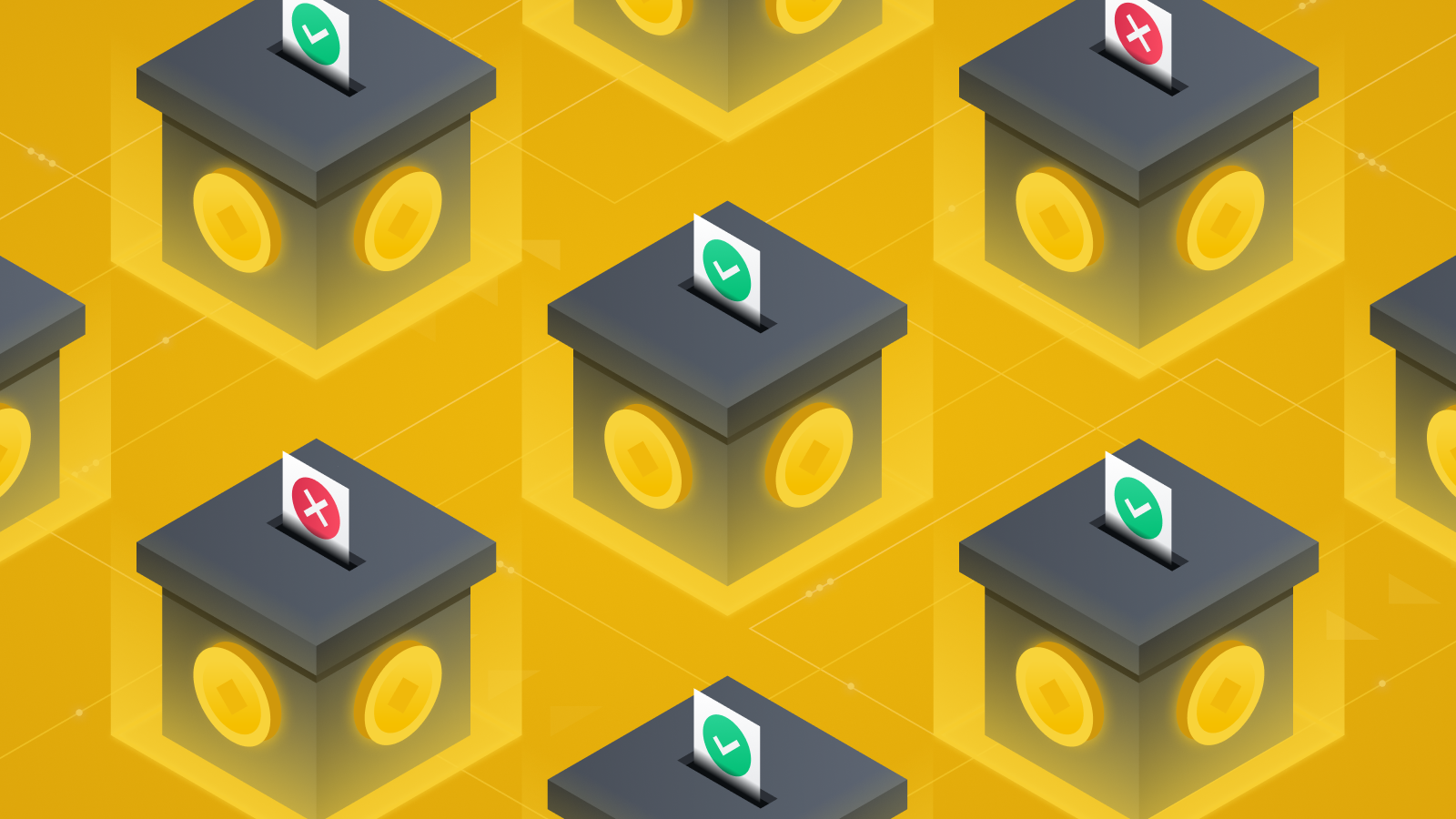
By embracing governance tokens, crypto platforms and decentralized autonomous organizations (DAOs) create an inclusive environment where stakeholders have the power to influence and shape the future trajectory of the project. This decentralized governance model enhances transparency, accountability, and community engagement.
In conclusion, governance tokens play a vital role in the crypto ecosystem, facilitating decentralized decision-making and empowering token holders to actively participate in shaping the future of blockchain platforms. Through voting rights, proposal submissions, and influencing protocol changes, governance token holders create a democratic and community-driven governance system. As cryptocurrencies continue to evolve, the significance of governance tokens is set to grow, paving the way for a more inclusive and decentralized future.
The Crucial Role of Governance Tokens in Decentralized Decision-Making
In the ever-evolving world of blockchain and cryptocurrencies, governance tokens have emerged as powerful tools, revolutionizing the way decentralized platforms are governed. This article delves into the role of governance tokens, highlighting their importance in enabling decentralized decision-making and aligning the interests of the community.
Decentralized Decision-Making
Governance tokens are at the forefront of promoting decentralized decision-making within blockchain ecosystems. These tokens empower token holders to actively participate in shaping the future of the platform, ensuring that decisions are made collectively and transparently. By eliminating central authorities and distributing decision-making power, governance tokens enable a fair and inclusive governance process.
Voting Rights and Proposal Submission
One of the key features of governance tokens is the granting of voting rights to token holders. Through voting mechanisms integrated into the platform, token holders can express their preferences and opinions on proposed changes, upgrades, and key protocol parameters. This democratic approach ensures that decisions reflect the consensus of the community and allows for the inclusion of diverse perspectives.
Influence over Protocol Changes and Upgrades
Governance tokens provide individuals with the ability to actively influence protocol changes and upgrades. By submitting proposals, token holders can suggest improvements, address issues, and introduce new features to the platform. The governance process takes into account the opinions and ideas of token holders, allowing for continuous evolution and improvement of the protocol based on the collective wisdom of the community.
Alignment of Interests within the Community
The presence of governance tokens fosters the alignment of interests within the community. Token holders have a direct stake in the platform’s success, creating a shared goal of ensuring its long-term viability. The governance process enables token holders to prioritize decisions that support the growth and sustainability of the protocol, ensuring that the platform’s evolution reflects the collective interests of its stakeholders.
Governance tokens play a crucial role in the decentralized governance of blockchain platforms. By promoting decentralized decision-making, granting voting rights, and enabling active participation in shaping protocol changes, governance tokens empower the community to collectively determine the future of the platform. This inclusive and transparent governance framework fosters a strong and engaged community, paving the way for a sustainable and resilient blockchain ecosystem. As cryptocurrencies continue to evolve, the role of governance tokens in decentralized decision-making is set to become even more integral to the success of blockchain-based platforms.
Distribution and Acquisition of Governance Tokens: Methods for Participation
Governance tokens are distributed and acquired through various mechanisms, ensuring widespread participation and engagement within the decentralized ecosystem. This section explores the different approaches for obtaining governance tokens.
Token Sales and Initial Distribution
Token sales are a common method for distributing governance tokens. During the initial launch of a protocol or platform, tokens are sold to interested participants, providing them with the opportunity to acquire governance rights. Token sales may involve public sales, private sales, or initial coin offerings (ICOs), allowing individuals to contribute funds in exchange for governance tokens.
Airdrops and User Rewards
Airdrops are another popular method for distributing governance tokens. In this process, tokens are freely distributed to existing token holders or to individuals who meet specific criteria set by the protocol. Airdrops can be used to reward early adopters, active community members, or holders of specific tokens. These distributions aim to incentivize and reward participation, fostering community engagement and expanding the user base.
Liquidity Mining and Staking Programs
Liquidity mining and staking programs provide an avenue for acquiring governance tokens by contributing liquidity or staking existing tokens. Liquidity mining involves providing liquidity to decentralized exchanges or liquidity pools, earning governance tokens as a reward for the provided liquidity. Staking, on the other hand, requires locking up tokens in a smart contract for a specific period, enabling token holders to participate in the governance process and earn governance rewards.
By utilizing these distribution methods, blockchain platforms ensure that governance tokens are widely accessible to individuals who are actively involved in the community or provide value to the ecosystem. These mechanisms encourage participation, decentralization, and community-driven decision-making.
The distribution and acquisition of governance tokens involve various methods such as token sales, airdrops, liquidity mining, and staking programs. These mechanisms foster participation, incentivize engagement, and ensure that governance rights are distributed in a fair and inclusive manner. By offering multiple pathways for obtaining governance tokens, blockchain platforms empower a diverse range of participants to actively contribute to the governance and decision-making processes within the decentralized ecosystem.
Use Cases of Governance Tokens: Driving Decentralization and Participation
Governance tokens find their applications in various sectors of the blockchain industry. This section explores the prominent use cases of governance tokens and their role in promoting decentralized decision-making.
Decentralized Finance (DeFi) Protocols
Governance tokens have gained significant traction in the realm of decentralized finance (DeFi) protocols. These protocols, which provide financial services without intermediaries, often utilize governance tokens to enable community-driven decision-making. Token holders can participate in voting for changes to the protocol, determining lending and borrowing parameters, fee structures, and the addition of new assets. Governance tokens in DeFi empower users to shape the direction and evolution of these financial platforms, fostering innovation and inclusivity.
Decentralized Autonomous Organizations (DAOs)
Governance tokens serve as the backbone of decentralized autonomous organizations (DAOs), which are fully decentralized entities governed by smart contracts and community participation. In DAOs, governance tokens represent voting power and allow token holders to make decisions on fund allocation, project proposals, and governance rules. Through governance tokens, DAOs enable decentralized decision-making, ensuring that stakeholders have a direct say in the organization’s activities, investments, and direction.
Blockchain-based Platforms and Projects
Governance tokens extend their utility beyond DeFi and DAOs, finding use cases in various blockchain-based platforms and projects. These tokens enable platform users to influence and shape the development and evolution of the ecosystem. Governance token holders can vote on protocol upgrades, propose changes to the platform’s rules and parameters, and contribute to the decision-making process. By incorporating governance tokens, blockchain projects empower their communities, fostering engagement, transparency, and collective ownership.
Governance tokens play a vital role in driving decentralization and fostering community participation across different sectors of the blockchain industry. From DeFi protocols to DAOs and blockchain-based platforms, governance tokens enable token holders to actively shape the governance, decision-making, and development of these systems. By granting voting rights and influence, governance tokens empower users, ensuring that the decentralized nature of these platforms is maintained while aligning the interests of the community with the platform’s success.
Benefits and Advantages of Governance Tokens: Empowering Decentralized Governance
Governance tokens offer a range of benefits and advantages that contribute to the effectiveness and success of decentralized governance models. This section highlights the key advantages of governance tokens.
Democratization of Decision-Making
Governance tokens promote the democratization of decision-making within blockchain ecosystems. By providing voting rights and influence to token holders, governance tokens ensure that decisions are made collectively and reflect the consensus of the community. This inclusive approach allows individuals from all backgrounds and perspectives to actively participate in shaping the future of the protocol, fostering a fair and democratic governance system.
Community Engagement and Participation
One of the primary advantages of governance tokens is their ability to enhance community engagement and participation. Token holders have a direct stake in the success of the platform and are incentivized to actively contribute to its development and decision-making. Governance tokens create a sense of ownership and belonging, encouraging community members to voice their opinions, propose ideas, and actively participate in the governance process, resulting in a more engaged and vibrant community.
Alignment of Incentives
Governance tokens align the incentives of token holders with the long-term success of the platform. As token holders have a vested interest in the value and utility of the tokens they hold, they are motivated to make decisions that benefit the overall ecosystem. This alignment ensures that governance decisions prioritize the growth, sustainability, and security of the platform, leading to a stronger and more resilient ecosystem.
Transparency and Trust
Governance tokens contribute to increased transparency and trust within decentralized ecosystems. The governance process, which is typically conducted on-chain, allows for transparent tracking and verification of decisions and proposals. Token holders can review voting records and governance activities, ensuring that the decision-making process is fair and transparent. This transparency builds trust among community members and external stakeholders, fostering a more trustworthy and reliable ecosystem.
Governance tokens provide several benefits and advantages to decentralized governance models. By democratizing decision-making, enhancing community engagement, aligning incentives, and fostering transparency and trust, governance tokens empower individuals to actively participate in shaping the future of blockchain platforms. These advantages contribute to the resilience, inclusivity, and effectiveness of decentralized governance, paving the way for a more transparent, democratic, and community-driven ecosystem.
Challenges and Considerations in Governance Token Systems
While governance tokens offer numerous benefits, there are also challenges and considerations that need to be addressed for their successful implementation. This section explores the key challenges and considerations associated with governance token systems.
Governance Token Concentration:
One challenge is the concentration of governance tokens among a small number of holders. If a significant portion of tokens is held by a few entities or individuals, it can lead to centralization of decision-making power and hinder the democratic nature of the governance process. Efforts should be made to encourage wider token distribution and ensure that the decision-making process reflects the diverse perspectives and interests of the community.
Sybil Attacks and Manipulation:
Sybil attacks, where individuals create multiple identities to gain disproportionate voting power, pose a risk to governance token systems. It can undermine the democratic process by skewing voting outcomes in favor of the attacker’s interests. Robust identity verification mechanisms and reputation systems are needed to mitigate the risk of Sybil attacks and maintain the integrity of the governance process.
Governance Process Efficiency:
Efficiency and scalability of the governance process are crucial considerations. As the number of participants and proposals increase, it becomes challenging to reach consensus and make timely decisions. To address this, governance mechanisms should be designed to facilitate efficient decision-making, including clear voting procedures, well-defined proposal evaluation processes, and effective communication channels to facilitate community discussions.
Regulatory Considerations:
Governance token systems may face regulatory challenges and considerations. Depending on the jurisdiction, governance tokens may be subject to securities regulations or other legal frameworks. Compliance with applicable regulations, such as know-your-customer (KYC) and anti-money laundering (AML) requirements, should be carefully considered to ensure legal compliance and avoid potential regulatory issues.
Governance token systems are not without challenges and considerations. Addressing issues related to token concentration, Sybil attacks, governance process efficiency, and regulatory compliance is crucial to ensure the success and effectiveness of governance token models. By proactively tackling these challenges, governance token systems can foster a more inclusive, transparent, and resilient governance process that truly represents the interests and values of the community.
Examples of Governance Tokens
Governance tokens have been implemented in various blockchain projects to facilitate decentralized decision-making. This section highlights notable examples of governance tokens and their significance in their respective ecosystems.
MakerDAO (MKR)
[mcrypto id=”61217″]
MakerDAO is a decentralized lending platform built on the Ethereum blockchain. The platform’s governance token, MKR, plays a vital role in governing the protocol. MKR token holders have voting rights and participate in the decision-making process, including determining stability fees, collateral types, and system upgrades. MKR holders also have the responsibility of governing the underlying stablecoin, Dai. The governance mechanism of MakerDAO empowers MKR holders to shape the platform’s policies and maintain stability within the ecosystem.
Compound (COMP)
[mcrypto id=”61218″]
Compound is a decentralized lending and borrowing protocol that enables users to lend or borrow digital assets. The governance token of Compound, COMP, gives token holders the power to influence the protocol’s development and decision-making. COMP holders can propose and vote on changes to the protocol, including adding new assets, modifying interest rates, and adjusting collateral factors. The distribution of COMP tokens incentivizes active participation and engagement within the Compound community, ensuring that decisions are made in the best interest of the platform’s users.
Uniswap (UNI)
[mcrypto id=”61219″]
Uniswap is a popular decentralized exchange protocol on Ethereum, known for its automated market maker (AMM) model. The Uniswap governance token, UNI, was introduced to give users and liquidity providers a voice in the protocol’s governance. UNI holders can participate in the decision-making process by proposing and voting on changes to the protocol, such as fee adjustments, listing new tokens, and upgrades to the protocol’s functionalities. UNI empowers community members to actively shape the future of Uniswap, fostering a decentralized and user-centric exchange ecosystem.
MakerDAO’s MKR, Compound’s COMP, and Uniswap’s UNI are prominent examples of governance tokens that drive decentralized decision-making within their respective blockchain projects. These tokens enable token holders to participate in the governance process, ensuring that decisions align with the interests and values of the community. By incorporating governance tokens, these projects empower users and promote a more inclusive, transparent, and community-driven ecosystem.
Conclusion
Governance tokens have emerged as powerful tools in the realm of blockchain and decentralized governance. This article has explored the characteristics, benefits, challenges, and examples of governance tokens, highlighting their crucial role in promoting decentralized decision-making, community engagement, and aligning incentives.
Recap of Governance Token Characteristics
Governance tokens grant voting rights, influence, and decision-making power to token holders, enabling them to actively participate in shaping the future of blockchain platforms. These tokens facilitate the democratization of decision-making, promote community engagement and participation, align incentives with the platform’s success, and enhance transparency and trust within decentralized ecosystems. Through token sales, airdrops, and participation in liquidity mining and staking programs, individuals can acquire governance tokens and contribute to the governance process.
Potential for Future Developments and Innovations
The world of governance tokens continues to evolve, offering exciting possibilities for future developments and innovations. As blockchain technology advances, we can expect to see improvements in governance mechanisms, such as quadratic voting and futarchy, which aim to enhance decision-making processes and mitigate governance challenges. Furthermore, the integration of decentralized oracles, smart contracts, and off-chain governance solutions may provide more efficient and scalable governance frameworks.
Moreover, governance tokens can extend beyond the scope of individual projects and be utilized for cross-protocol governance and interoperability, allowing token holders to participate in decision-making across multiple blockchain ecosystems. This could pave the way for collaborative governance models and the emergence of decentralized governance networks.
Governance tokens have revolutionized the way decentralized platforms are governed, empowering individuals to actively participate in decision-making processes. Through their democratization of decision-making, community engagement, alignment of incentives, and transparency, governance tokens create more inclusive and resilient blockchain ecosystems. With ongoing advancements and innovations, governance tokens have the potential to reshape governance structures, foster collaboration, and drive the future of decentralized governance in the blockchain industry.

